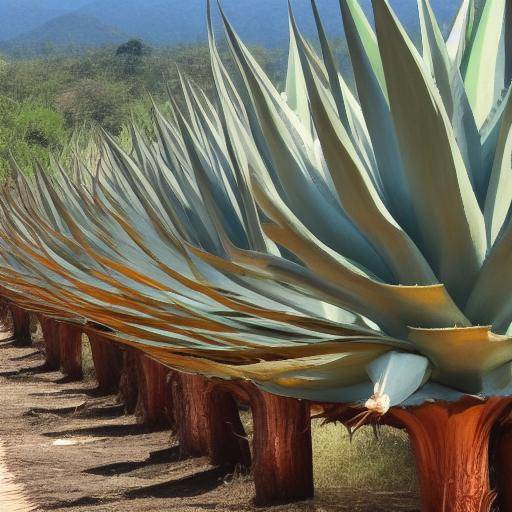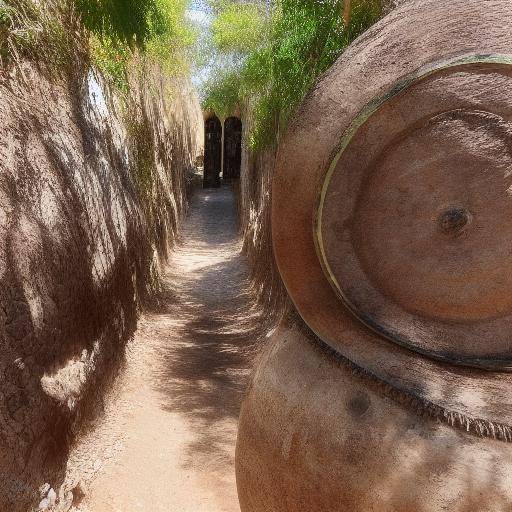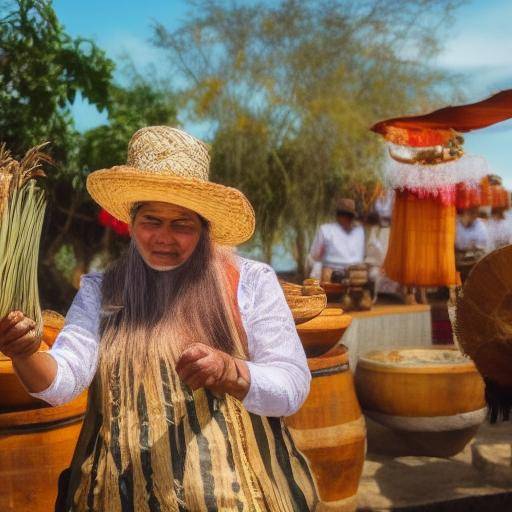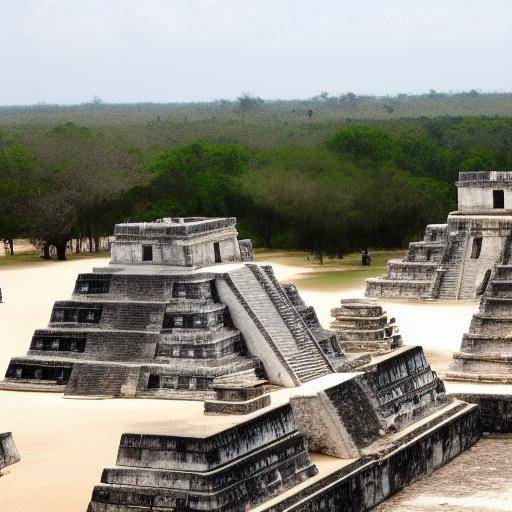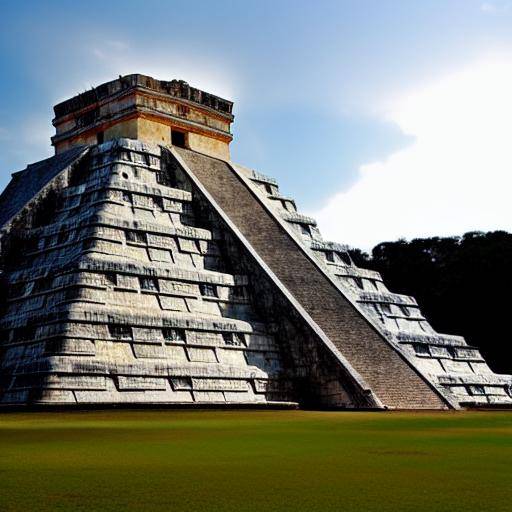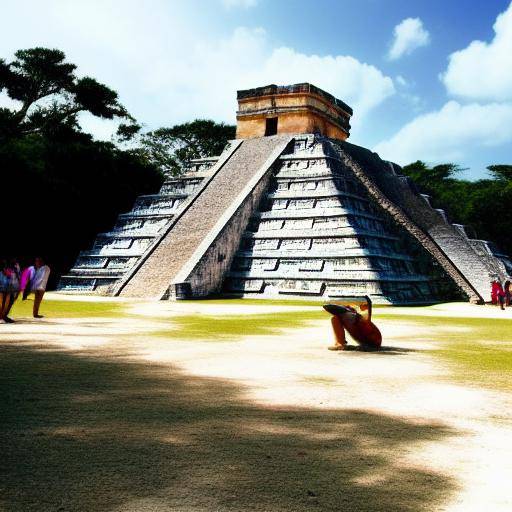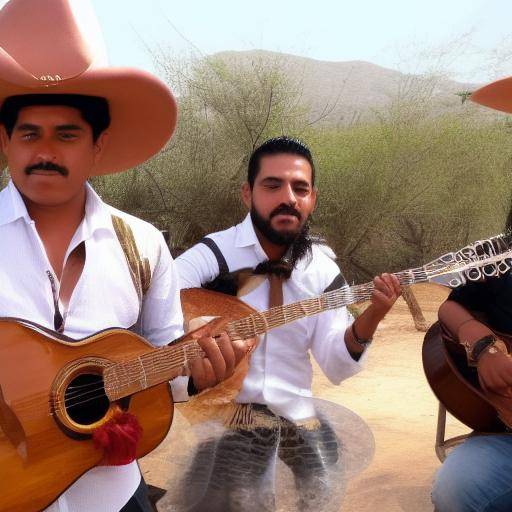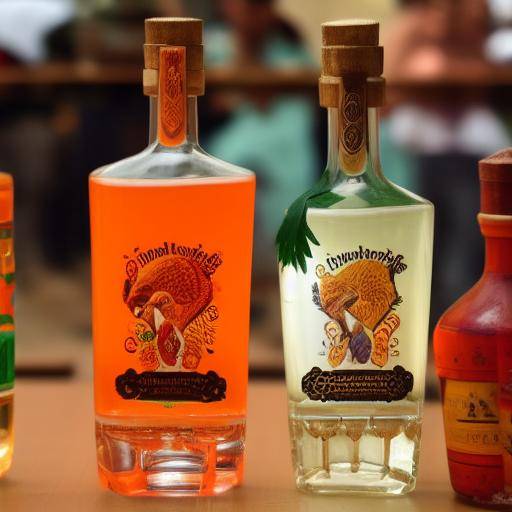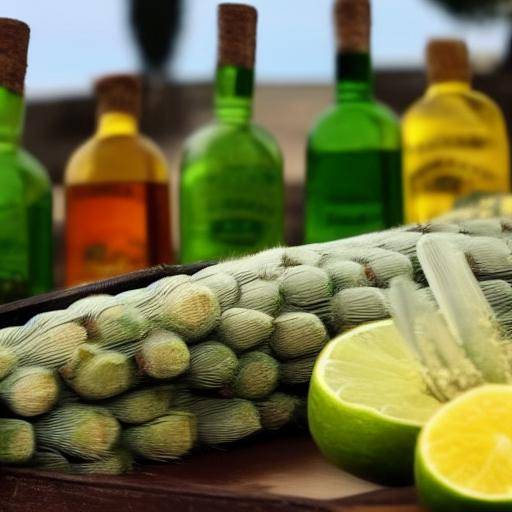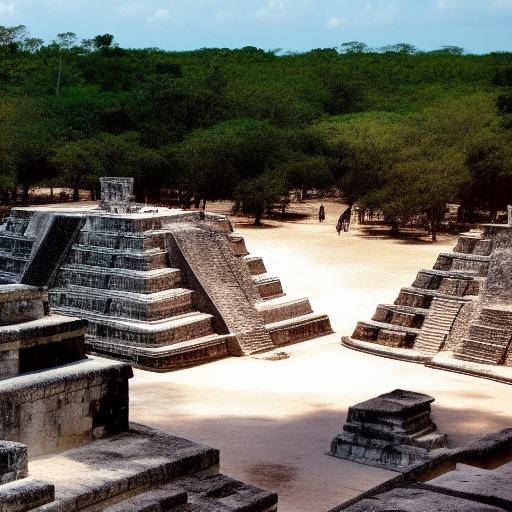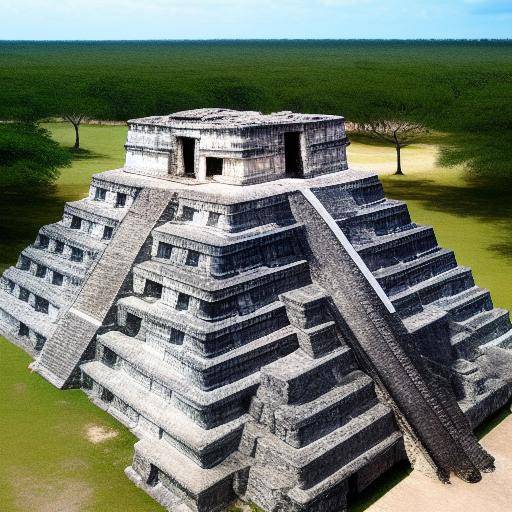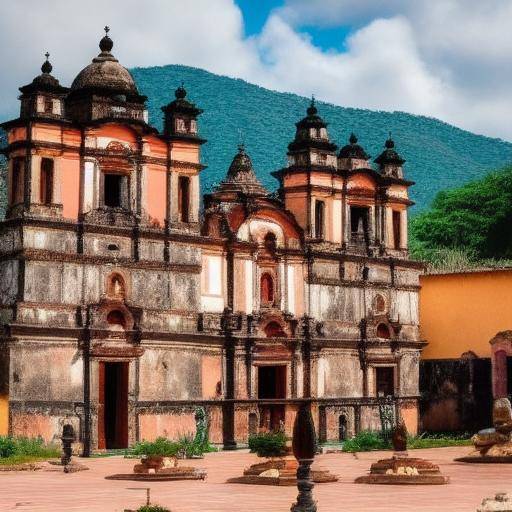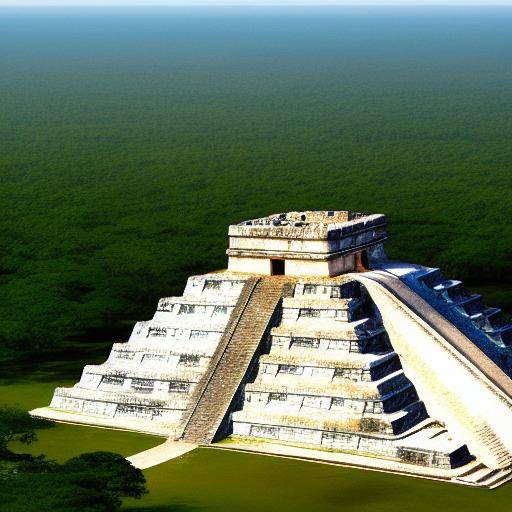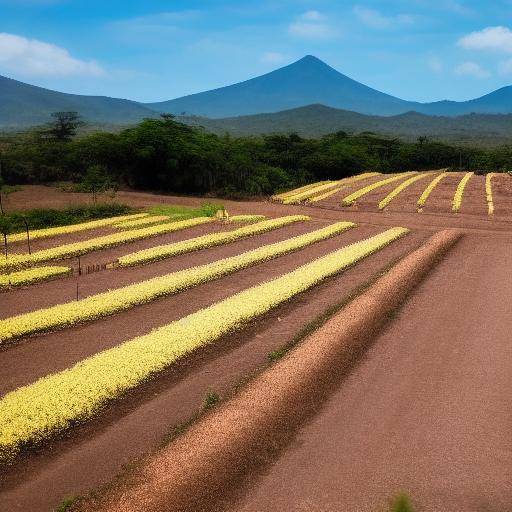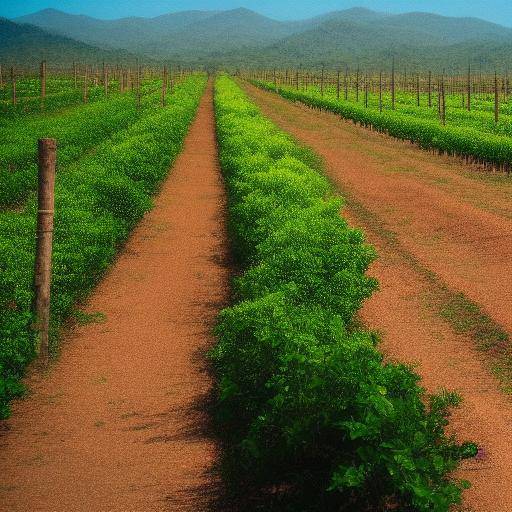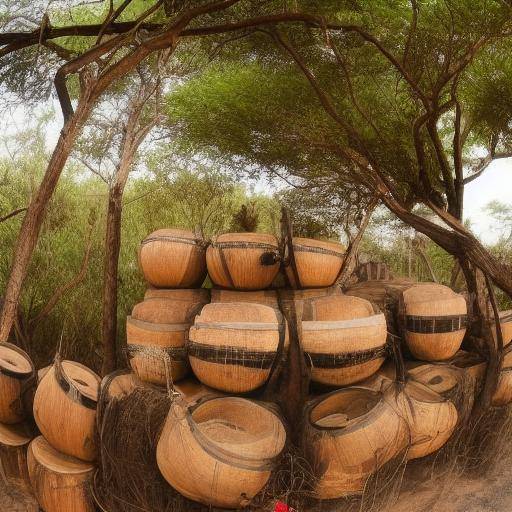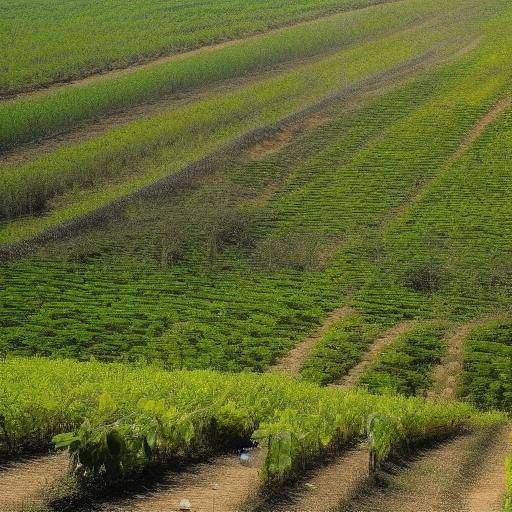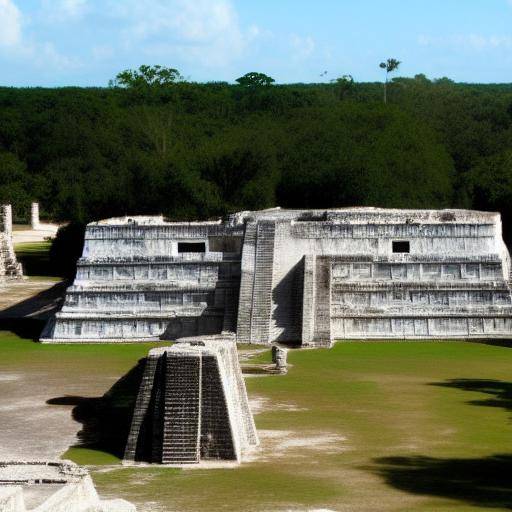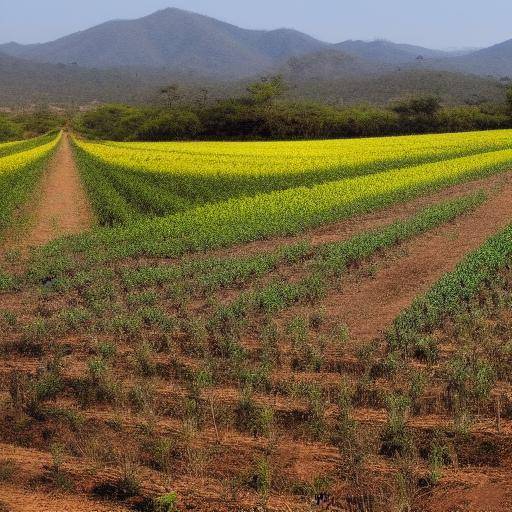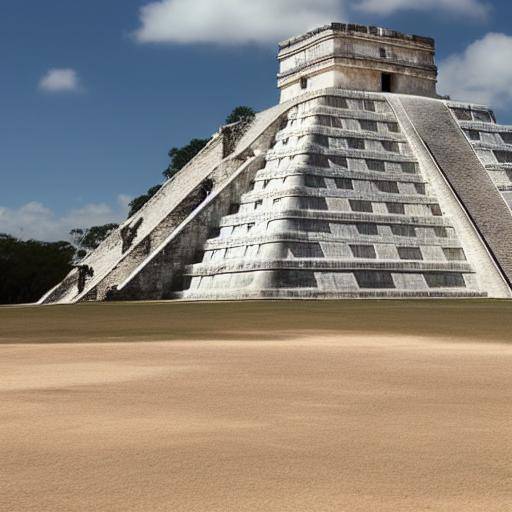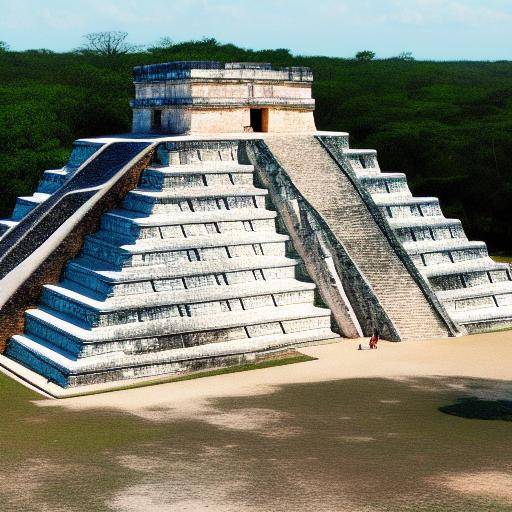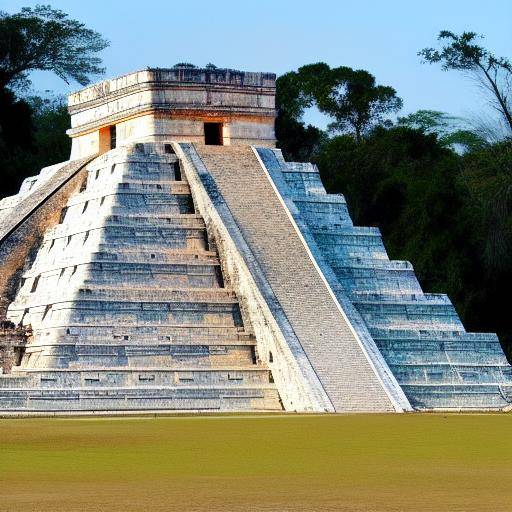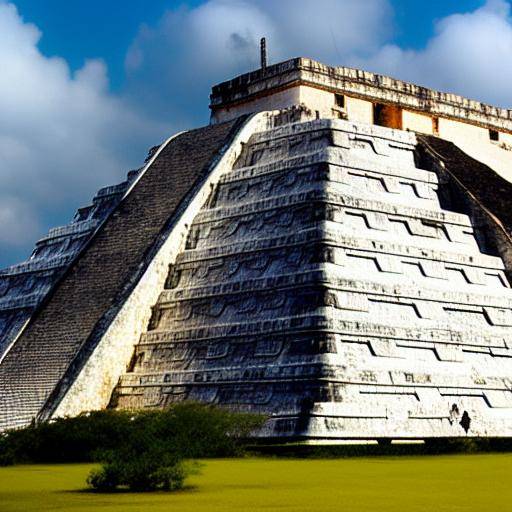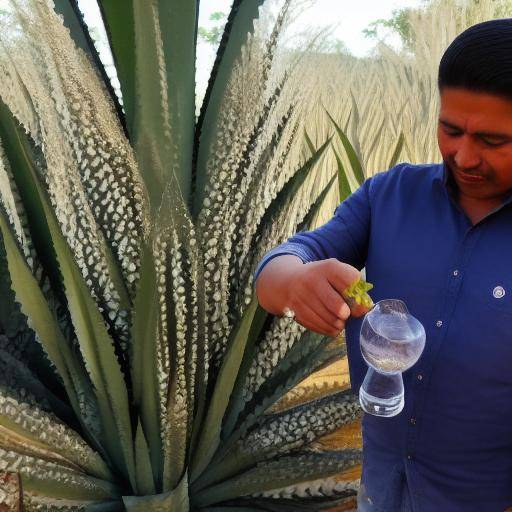
The history, tradition and distinctive flavor of tequila are intrinsically linked to Jalisco, Mexico. From the blue agave plant to family distilleries, tequila is not only a drink, but a cultural legacy that reflects the crafts and passion of a region. In this article, we will explore the rich history, the entrenched tradition and the complexities of tequila, Jalisco and Mexico. From its origin to future trends, you will discover how this iconic drink tells agave stories and tradition that go beyond liquor itself.
Introduction
Tequila, one of Mexico's most representative drinks, is known for its distinctive flavor, its versatility in cocktails and its cultural roots. But to truly understand this drink, we must immerse ourselves in its history and in the region that makes it possible. In this sense, Jalisco, the state where most tequila is born, represents an epicenter of tradition, crafts and passion for agave. Therefore, we will explore the roots of this drink, the connection with Jalisco and its relevance at the national level.
History and Origins of Tequila
Tequila has its roots deeply rooted in Mexico's pre-Hispanic culture. The indigenous peoples of the region used agave as a sacred plant, appreciating both their medicinal properties and their potential for the development of spirits. With the arrival of the Spaniards and the introduction of distillation, the pulque, a fermented agave drink, became what we know today as tequila.
During the 16th century, the region of Jalisco witnessed the emergence of the first distilleries and the massive cultivation of blue agave. This period marked the beginning of an industry that would transcend national borders, bringing with it the cultural essence and crafts that distinguish tequila to this day.
The Traditional Manufacturing and Tequila Evolution
Over the centuries, the manufacture of tequila has preserved traditional elements that distinguish it from other spirits. The cultivation of the agave, the manual harvest, the fermentation in wooden dyes and the distillation in copper alambiques are fundamental processes that have lasted through generations. This combination of tradition and crafts is what gives tequila its unique character and cultural value.
However, the tequila industry has also experienced significant transformations. Technological innovation, the adoption of sustainable practices and global expansion have redefined the tequila landscape, positing it as one of the most sought-after premium drinks in the international market.
Tequila in Popular Culture and Modern Industry
The influence of tequila is not limited only to the cultural sphere, but permeates the gastronomic industry, entertainment and tourism. Tequila tastings, creative mixologies and experiences of winemaking in the agaveras regions of Jalisco are examples of how the tequila has integrated tradition with modernity.
In addition, the expansion of the designation of tequila origin, which covers specific regions of Mexico, has helped to preserve the authenticity and quality of tequila, protecting its cultural heritage and fostering standards of excellence in its production.
Sensory Experience and Varieties of Tequila
The tequila, beyond its history and manufacturing process, offers a unique sensory experience. From the freshness of a white tequila to the complexity of a resting or vintage, each variety has nuances and flavors that reflect the diversity of the agave, the climate and the crafts of its elaboration. The tequila tasting thus becomes a sensory journey that invites to appreciate its complexity and its rooted in the history and legacy of a region.
Cultural Heritage and Tourism in Jalisco
Jalisco, cradle of tequila, is a crucible of traditions, crafts and cultural heritage. The tequileras haciendas, the agave fields and the picturesque villages are living testimonies of the connection between tequila and the jalisciense identity. In addition, the Tequila Route, declared a World Heritage Site by UNESCO, offers visitors the opportunity to immerse themselves in the history and elaboration of this iconic drink.
Tourism in Jalisco goes beyond tequila, offering a cultural wealth that spans from mariachi music to folkloric dance, passing through colonial architecture and the celebration of traditional parties. All this is intertwined with the tequila industry, creating an integral experience that reflects Mexico's diversity and authenticity.
Futures and Sustainable Development
In a global context in which sustainability and social responsibility are key priorities, the tequila industry is committed to practices that protect the natural environment, foster local development and preserve traditions. The sustainable cultivation of agave, efficient management of water and the generation of clean energy are fundamental aspects that delineate the future of tequila as an emblematic and sustainable product.
In addition, innovation will continue to play a crucial role in the evolution of tequila, from experimentation with agave varieties to the creation of more efficient and environmentally friendly production processes. These future perspectives reflect the commitment of the tequila industry to ensure its legacy and long-term relevance.
Conclusions
Tequila transcends its emblematic beverage condition to become a symbol of identity, heritage and craftsmanship. Its intrinsic connection with Jalisco and Mexico reveals a history woven with agave and tradition, where cultural heritage intertwines with innovation to continue delighting palates around the world.
In exploring the history, manufacture, culture and future of tequila in Jalisco, we immerse ourselves in a journey that goes beyond a distilled liquor: it is a tribute to the earth, to the passion of its artisans and to the rich diversity that defines Mexico. Tequila, rooted in tradition and projected into the future, continues to tell stories of agave and tradition that pervade through time.
Frequently asked questions
What is the origin of the name "tequila"?
The name "tequila" comes from the homonymous city in Jalisco, Mexico, which is recognized as the epicenter of the production of this liquor. The term "tequila" would also be derived from a word of the Nahuatl language, "tequitlán", which means "work place" or "stone place".
How long does it take to ripen agave for tequila processing?
The blue agave, used for tequila production, takes between 6 and 8 years to reach its optimal maturity for the harvest, although some varieties may require even more time.
What differences exist between white tequila, rested and aged?
The white tequila, also known as silver tequila, is characterized by its freshness and purity, as it does not undergo aging processes. The reposed tequila matures between 2 and 12 months in oak barrels, acquiring soft and rounded notes. For its part, the tequila añejo rests in barrels for a period of more than 12 months, developing more concentrated complexity and flavors.
What is the importance of the name of origin of tequila?
The name of origin of tequila ensures that this liquor is produced under certain specific rules and regulations, protecting its authenticity and quality. This designation recognizes Jalisco and other Mexican states as the only regions authorized for tequila production, ensuring that the product meets rigorous standards and maintains its prestige internationally.
What is the importance of agave in Mexican culture?
The agave is a fundamental plant in Mexican culture, both for its practical applications in the production of food and fibers, and for its symbolic and spiritual value in rituals and ceremonies. The agave, with its diversity of species, is a central element in Mexico's identity and cultural heritage.
What are the economic benefits of tequila tourism in Jalisco?
Tequila-related tourism generates significant economic impacts in Jalisco and its communities, by fostering employment, boosting the hospitality industry, and promoting trade in artisanal and gourmet products. It also contributes to the conservation of the historical and cultural heritage of the region.
Conclusion
In conclusion, tequila is much more than an alcoholic beverage; it is a manifestation of the identity, crafts and cultural heritage of Jalisco and Mexico. Their history, traditions and their deep connection to the land and agave reveal the very essence of a region.
In exploring the history, manufacture, culture and future of tequila in Jalisco, we immerse ourselves in a journey that goes beyond a distilled liquor: it is a tribute to the earth, to the passion of its artisans and to the rich diversity that defines Mexico. Tequila, rooted in tradition and projected into the future, continues to tell stories of agave and tradition that pervade through time.
From family distilleries to agave fields, every sip of tequila encloses centuries of history, culture and passion for a region that has known to turn a humble agave heart into a symbol of national identity. In every bottle of tequila, the spirit of Jalisco, the essence of Mexico and the ancient stories of agave and tradition deserve to be celebrated and preserved for future generations.

